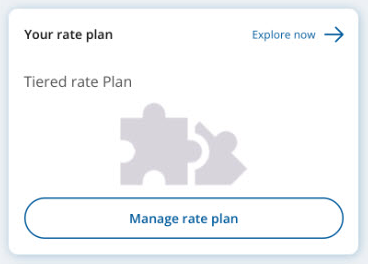Tips to do Excellent in English Grammar Errors both exams and Work-
Here are some common English grammar errors we all should avoid (exams or work).
In this blog I will give you some common problem we all have with English writing.
Sometimes we all see similar words and we all misuse them
One word
Or
Two words
Have you lost precious minutes wondering about cannot and can not? If so, you're not alone.
Solution
Both cannot and can not are correct. However, cannot is the far more common spelling. We recommend the following guidelines:
USE CANNOT USE CAN NOT
When you mean be unable to:
The parties cannot (are unable to) agree.
Erica cannot (is unable to) play at the jazz festival.
When you want to give greater emphasis to the word not:
Joe: I can speak Italian better than you can.
Bridget: You can not!
When a choice is involved:
He can go, or he can not go.
OR
He can go or not.
When the word not is part of the correlative conjunction not only…but also:
We can not only meet for dinner but also see a movie.
1st common English error: Bring vs. Take
When we go to the party on Saturday, let’s bring a bottle of wine.
This is INCORRECT.
When you are viewing the movement of something from the point of arrival, use “bring”:
When you come to the party, please bring a bottle of wine.
This is CORRECT.
When you are viewing the movement of something from the point of departure, use “take”:
When we go to the party, let’s take a bottle of wine.
This is CORRECT.
2nd common English error: Fewer vs. Less
Sign at the checkout of a supermarket: “Ten items or less”.
This is INCORRECT.
You can count the items, so you need to use the number word “fewer”. These nouns are countable.
Ten items or fewer.
This is CORRECT.
If you can’t count the substance, then you should use “less”. These nouns are uncountable.
You should eat less meat.
This is CORRECT.
3rd common English error: Went vs. Gone
I should have went to school yesterday.
This is INCORRECT.
The correct form is:
Should + have + past participle
I should have gone to school yesterday.
This is CORRECT.
4th common English error: Its vs. It's
Its going to be sunny tomorrow.
This is INCORRECT.
It’s is the contraction of It is:
It’s going to be sunny tomorrow.
This is CORRECT
5th common error-Further vs. farther
Problem
Many writers are unsure of how and when to use the words further and farther. As well, some think these words are completely interchangeable, while others do not.
Solution
Here are some guidelines to help you deal with further and farther.
Examples
Use further
-as an adjective meaning "more" or "additional"
Do you have any further questions?
-as a verb meaning "to continue, encourage, foster or promote"
The loans program allows Canadians to further (continue) their education.
We must further (encourage, foster, promote) co-operation between our two countries.
-as an introductory adverb meaning "furthermore" or "in addition"
Further, I wish to congratulate our volunteers for their outstanding service to our community.
-as an adverb when referring to progress or figurative distance (not measurable in steps, inches, kilometres, etc.)
Jack took the IT courses he needed to help him go further in his career.
Use farther
-as an adjective meaning "more distant"
They sailed to the farther shore before heading back.
-as the comparative form of "far" when referring to distance
Port Elgin
-as an adverb when referring to physical distance (measurable in steps, inches, kilometres, etc.)
How much farther can we travel on half a tank of gas?
NOTE: Most sources list farther and further as synonyms. However, they suggest using further in an abstract (or figurative) sense and farther in a physical sense. When choosing between further or farther, you need to consider whether the distance is physical or figurative. For example:
I'm exhausted, I can't go any farther.
[Means I can't walk another step]
I'm exhausted, I can't go any further.
[Means I can't do anything more]
